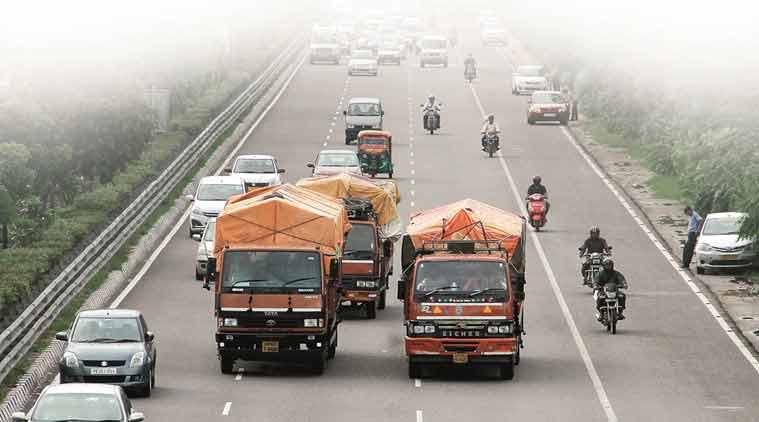 Following the Presidential assent, a GST council with representatives from the Centre and states will be formed within 60 days of the enactment of the Bill.
Following the Presidential assent, a GST council with representatives from the Centre and states will be formed within 60 days of the enactment of the Bill.
Within 24 days of its passage in Parliament, the Constitution (122nd Amendment Bill) for Goods and Services Tax (GST) is set to meet the next criterion — ratification by a minimum of 16 out of 31 state assemblies.
On September 1, Odisha is likely to become the sixteenth state to clear the constitutional amendment before it heads for Presidential assent. The Bill was first cleared by BJP-ruled Assam on August 12, followed by Bihar, Jharkhand, Chhattisgarh, Gujarat, Himachal Pradesh, Madhya Pradesh, Delhi, Nagaland, Maharashtra, Haryana, Sikkim, Mizoram, Telangana and Goa.

The Constitution Amendment Bill was passed by Lok Sabha on August 8 where it was reintroduced following some changes in the Bill introduced in Rajya Sabha. Revenue secretary Hasmukh Adhia in a media briefing on August 4 had said that the process of ratification by at least 16 states will be completed within next 30 days.
Story continues below this ad
Following the Presidential assent, a GST council with representatives from the Centre and states will be formed within 60 days of the enactment of the Bill. Finance ministry officials said the GST council may, in fact, be formed much before the deadline.
The Council, headed by finance minister Arun Jaitley, will be entrusted with recommending the tax rates, including the band of rates for goods and services. Most states have already demanded a minimum standard rate of 18 per cent, with some even asking for the rate to be fixed around 20-22 per cent.
The GST Council shall make recommendations on the taxes, cesses and surcharges levied by the Centre, the states and the local bodies which may be subsumed in the GST. The Council will also decide on model GST laws, principles of levy and the place of supply rules. The contentious threshold limit of turnover for GST applicability will also be finalised by the GST Council. The GST Council shall recommend the date on which the GST will be levied on petroleum crude, high speed diesel, petrol, natural gas and aviation turbine fuel. The Integrated GST and Central GST (CGST) laws would then be approved by the Cabinet and then are likely to be sent to Parliament for approval in the Winter Session.The government is eyeing a deadline of April 1, 2017 for the rollout.
Industry and trade representatives, however, in their meeting with the Empowered Committee of State Finance Ministers on Tuesday raised apprehensions over meeting this deadline.

 Following the Presidential assent, a GST council with representatives from the Centre and states will be formed within 60 days of the enactment of the Bill.
Following the Presidential assent, a GST council with representatives from the Centre and states will be formed within 60 days of the enactment of the Bill.






























